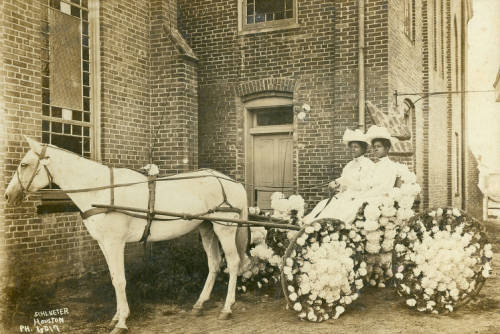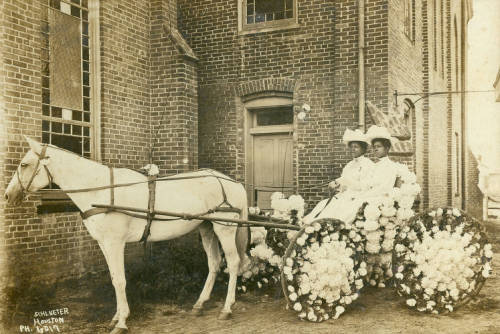
Today we honor Victoria Eugenia Santa Cruz (1922-2014) an Afro-Peruvian choreographer, composer and activist. 

Me gritaron negra (1978)- poem/spoken word.
Santa Cruz founded Cumanana, a theater company (1958-1961). In 1966 she founded teatro y Danzas del Perú a group of Afro-Peruvian dancers reclaiming lost heritage through performance. Their goal a type of recovery and recreation of their culture.
Some of Victoria Santa Cruz work: 1961 Malató, Lima
ca. 1965 La muñeca negra, Paris
1972 Un marido paciente, Lima
1982 Adios al Perú, Lima
1995 Ritmos y aires afroperuanas (CD) #CiteBlackwomen
ca. 1965 La muñeca negra, Paris
1972 Un marido paciente, Lima
1982 Adios al Perú, Lima
1995 Ritmos y aires afroperuanas (CD) #CiteBlackwomen
La discriminación era un rato largo más marcada que ahora. Ahora (es) más sutil pero hay discriminación siempre. -Victoria Santa Cruz
• • •
Missing some Tweet in this thread? You can try to
force a refresh









